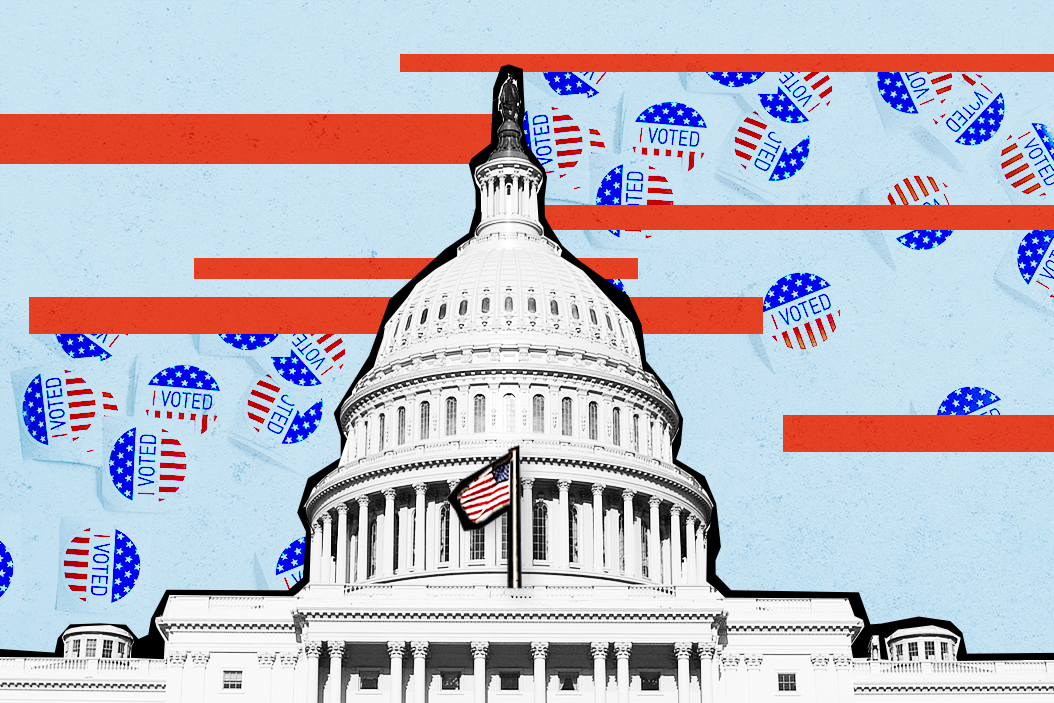September 24, 2020
As we enter the homestretch of the US presidential election — which is set to be the most contentious, and possibly contested, in generations — Americans are also voting on 35 seats up for grabs in a battle for the control of the Senate. The 100-member body is currently held 53-47 by the Republican Party, but many individual races are wide open, and the Democrats are confident they can flip the upper chamber of Congress.
Either way, the result will have a profound impact not only on domestic policy, but also on US foreign relations and other issues with global reach. Here are a few areas where what US senators decide reverberates well beyond American shores.
Trade. Although Donald Trump loves to do US trade policy by executive order, these only work for a few months because the real power to approve international treaties lies in the Senate. Trump skirted the process with phase one of the US-China trade agreement by calling it a "contract" rather than a treaty, but negotiated Democratic support to ratify the USMCA trade deal replacing NAFTA (as Joe Biden will need to win over some Republicans to renegotiate the Trans-Pacific Partnership if he becomes president).
Immigration. The White House can do a lot on immigration bypassing Congress, like Trump's notorious travel ban on people from several majority-Muslim countries. However, only the Senate can pass a long-overdue comprehensive immigration reform, which affects recipient countries of highly coveted H1-B visas like India, or many Latin American nations where US immigrants benefit from family-based green card sponsorship. The current law on the books — which Democrats and Republicans largely agree is broken — remains unchanged since 1986... due to lack of bipartisan consensus on how to fix it.
Arms deals, climate change. The next president will also need Senate consent for other international agreements that are crucial to US foreign policy. To name just two, it's unclear whether a Democratic majority will greenlight selling F-35 fighter jets to the United Arab Emirates, while a Republican-controlled Senate would likely (try to) block a future Biden administration from rejoining the 2015 Paris Agreement on climate change.
Regardless of who wins the Senate, if the same party controls both it and the White House, expect a raft of potentially divisive partisan legislation. If Trump and the Republicans hold court, his wish list of hardline policies on trade and immigration would expand. On the other hand, if the Democrats win the presidency and the Senate, buckle up for sweeping changes like removing the filibuster, increasing the number of states, and packing the Supreme Court (especially if its latest vacancy is filled by November 3).
If different parties control the White House and the Senate, today's deeply polarized US political environment will likely lead to a stalemate. With hyper partisanship discouraging any laws being passed, it'll be all up to the courts.
More For You
Cybercrime is no longer just an IT issue – it’s an economic one. New research from the Mastercard Economics Institute shows how digital attacks can disrupt supply chains, shift consumer behavior, and ripple through GDP. After ransomware attacks on Asahi Group and Colonial Pipeline, anonymized spending data revealed stockpiling, shortages, and sustained shifts in purchasing patterns. As threats grow more sophisticated, strengthening cyber resilience and public-private collaboration will be critical to economic stability. Read the full analysis here.
Most Popular
Think you know what's going on around the world? Here's your chance to prove it.
A French navy boat surrounds the GRINCH oil tanker, intercepted by France in the Alboran Sea on suspicion of operating under a false flag and belonging to Russia's shadow fleet that enables Russia to export oil despite sanctions, and diverted to the port of Marseille-Fos, in the Gulf of Fos-sur-Mer, near Martigues, France, on January 25, 2026.
REUTERS/Manon Cruz
$90 billion: The amount of revenue that Russia has reportedly made from smuggled crude oil exports, after 48 companies worked together to help disguise the origin of the oil and circumvent sanctions that have been imposed since the full-scale war on Ukraine began.
People in support of former South Korean President Yoon Suk Yeol rally near Seoul Central District Court in Seoul on Feb. 19, 2026. The court sentenced him to life imprisonment the same day for leading an insurrection with his short-lived declaration of martial law in December 2024.
Kyodo
65: The age of former South Korean President Yoon Suk Yeol, who was sentenced to life in prison on Thursday after being found guilty of plotting an insurrection when he declared martial law in 2024.
© 2025 GZERO Media. All Rights Reserved | A Eurasia Group media company.
